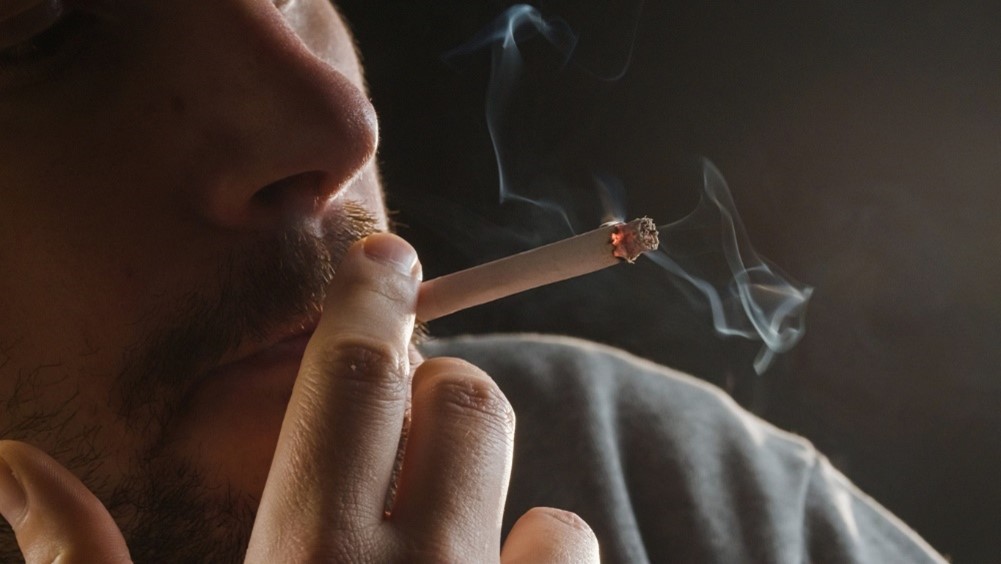Trends and challenges of an evolving cannabis landscape
In November 2018, the UK government legalised the prescription of medicinal cannabis by specialist doctors. To date, recreational (or non-medical) cannabis has not been legalised. This means that under the Misuse of Drugs Act 1971, persons producing, distributing or using unprescribed cannabis can be arrested and prosecuted.
The legalisation of cannabis
Globally, the use of cannabis outstrips that of any other illicit drug. Many research studies established some of the medical benefits of this drug. These include the treatment of chronic pain, nausea associated with chemotherapy, and insomnia.
Although medical cannabis is legal in many countries, there is still much debate around the legalisation of recreational use. Canada, certain US states, and European countries such as the Netherlands legalised recreational cannabis and established thriving related markets in the process.
Financial benefits of legalised cannabis
The legalisation of cannabis is not a simple yes or no matter. Proponents of legalisation maintain that legalised marijuana markets could generate billions in government taxes and create new employment opportunities.
Canada, which legalised cannabis at the end of 2018, saw its gross domestic product (GDP) grow by more than $43bn. In this country, the cannabis markets also resulted in more than 150,000 additional jobs and over $15bn in tax contributions.
Similarly, US reports reflect a cannabis tax revenue growth of $5.7bn between July 2021 and December 2022. California constitutes the largest cannabis market worldwide, and cities such as Los Angeles and Chicago are petri dishes for new cannabis innovations.
Despite these positive financial outlooks, cannabis use and addiction pose challenges in homes, communities and the workplace.
Health impacts of cannabis use
There is evidence that cannabis – whether it is in dry, oil or tablet form – benefits people with certain medical conditions. Some of these conditions include chronic pain, stress and anxiety disorders, cancer and epilepsy.
Although it is beneficial to an extent, cannabis (medicinal or recreational) also negatively impacts the health of users. The drawbacks include:
- Mental health issues such as short-term psychosis, schizophrenia, clinical depression and suicidal tendencies. There is also evidence that cannabis may amplify bipolar disorder symptoms.
- A connection between the long-term use of cannabis and testicular cancer.
- Respiratory problems – as smoking cannabis damages the respiratory tract and lungs.
Cannabis use in the workplace
Cannabis induces a ‘high’ that impairs a person’s reflexes and cognitive acuity. In jobs where people need to be sober and sharp, this drug affects not only performance but also the safety of the individual and others. These include:
- Working at heights.
- Operating vehicles and machinery.
- Transporting and caring for people (such as first responders).
Workplace drug control strategies must therefore clearly define a company’s position on cannabis use and address workplace drug testing requirements. Alcohol and drug testing is key to establishing safe work environments and identifying those employees who may need help.
Partner with Matrix Diagnostics, workplace alcohol and drug testing specialist, to ensure the appropriate management of cannabis use in line with the applicable regulations.

